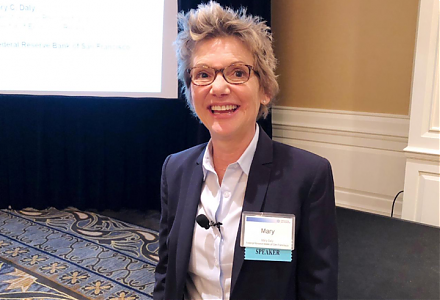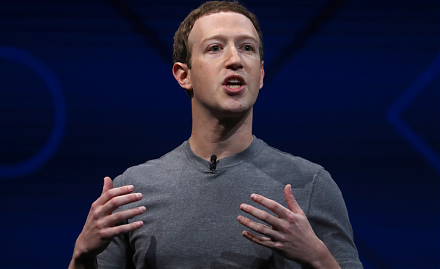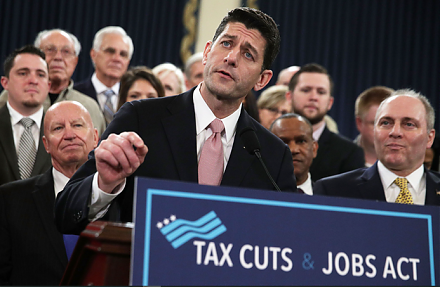

2017-11-05 09:45:00 Sun ET
technology antitrust competition bilateral trade free trade fair trade trade agreement trade surplus trade deficit multilateralism neoliberalism world trade organization regulation public utility current account compliance
President Trump criticizes the potential media merger between AT&T and Time Warner, the latter of which owns the anti-Trump media network CNN. President Trump thinks this deal is "not good for the country" because consumers would have to pay more with serious and rampant antitrust concerns. In recent times, Justice Department has sued to block AT&T's $85.3 billion bid for Time Warner. This lawsuit sets up a showdown over a blockbuster acquisition that the Trump administration deems to weaken competition in the capricious media landscape.
This legal battle differs starkly from the Obama administration's approval of a similar deal by Comcast to acquire NBC Universal Media in 2011. If AT&T's bid for Time Warner were to proceed, the merger would create a media and tele-communication behemoth. With its 2015 acquisition of the largest U.S. satellite company DirecTV, AT&T became the largest television distribution in America. Should AT&T be able to acquire Time Warner, the joint company would possess a non-rivalrous capability to reach consumers through news and entertainment programs with Time Warner's unique content distribution of Games of Thrones, Wonder Woman, Harry Potter, CNN news, TNT sports, and so forth. The law of inadvertent consequences counsels caution.
If any of our AYA Analytica financial health memos (FHM), blog posts, ebooks, newsletters, and notifications etc, or any other form of online content curation, involves potential copyright concerns, please feel free to contact us at service@ayafintech.network so that we can remove relevant content in response to any such request within a reasonable time frame.
2020-02-19 14:35:00 Wednesday ET

The U.S. bank oligarchy has become bigger, more profitable, and more resistant to public regulation after the global financial crisis. Simon Johnson and
2019-06-19 09:27:00 Wednesday ET

San Francisco Fed CEO Mary Daly suggests that trade escalation is not the only risk in the global economy. Due to the current Sino-U.S. trade tension, the g
2017-03-03 05:39:00 Friday ET

As the biggest IPO since Alibaba in recent years, Snap Inc with its novel instant-messaging app SnapChat achieves $30 billion stock market capitalization.
2017-02-19 07:41:00 Sunday ET

In his recent book on personal finance, Tony Robbins recommends that each investor should rebalance his or her investment portfolio *only once a year* to in
2018-03-17 09:35:00 Saturday ET

Facebook faces a major data breach by Cambridge Analytica that has harvested private information from more than 50 million Facebook users. In a Facebook pos
2017-11-17 09:42:00 Friday ET

The Trump administration garners congressional support from both Senate and the House of Representatives to pass the $1.5 trillion tax overhaul (Tax Cuts &a